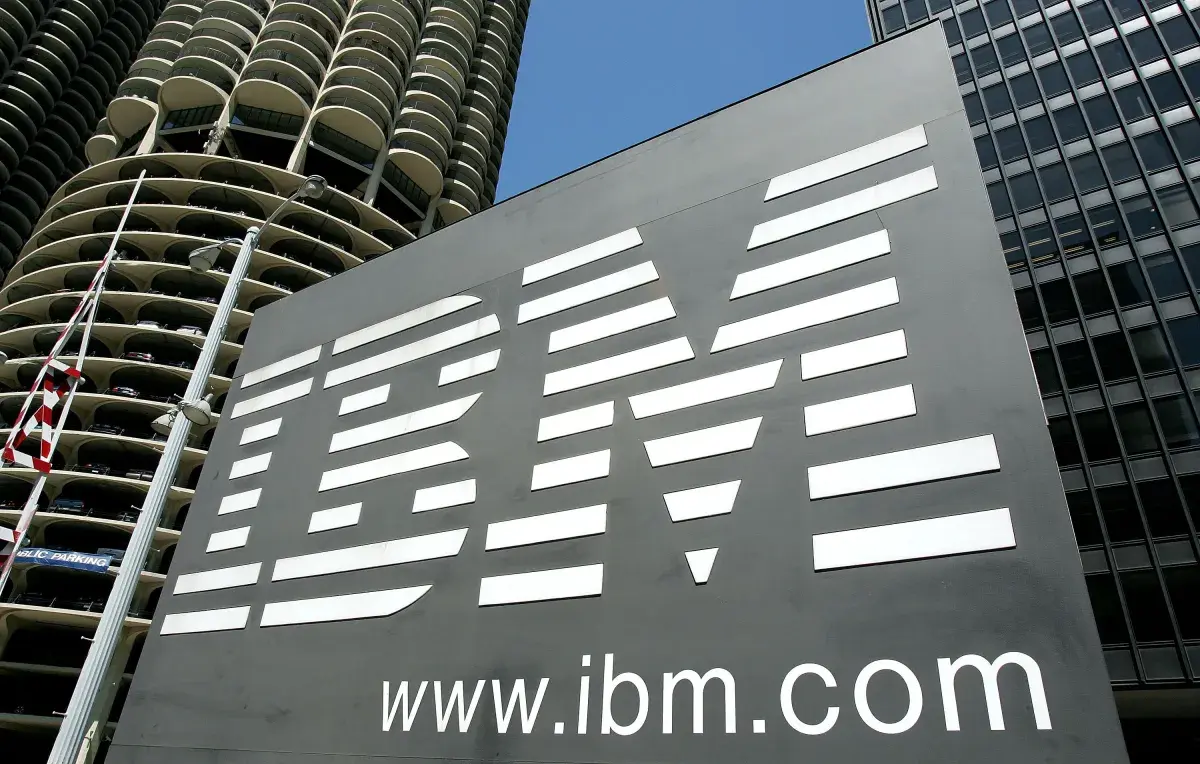Copyright Newsweek

IBM announced Tuesday it would be laying off thousands of employees before the end of the year. The job losses will amount to a “low single-digit percentage” of the global workforce. For a 1 percent cut, that would mean the loss of 2,700 jobs. Why It Matters Many companies have implemented layoffs as a way to boost profits and increase efficiency as they head into new financial quarters. Meta, for instance, announced it plans to cut roughly 600 roles from its AI team as business priorities shift. What To Know While IBM had 270,000 global workers at the end of 2025, a single-digit percentage layoff would mean thousands of employees would no longer have jobs at the end of the year. “In the fourth quarter, we are executing an action that will impact a low single-digit percentage of our global workforce,” a company spokesperson told CNBC. “While this may impact some U.S.-based roles, we anticipate that our U.S. employment will remain flat year over year.” Many tech companies have reduced their employee headcounts, focusing on artificial intelligence tools to boost productivity even with fewer workers. In October, Amazon announced layoffs for 14,000 corporate employees, and Meta will be letting 600 workers in its AI unit go. IBM previously reported a 10 percent jump in revenue from software last month, but the larger sector is facing uncertainty from several directions, experts say. “The current environment is filled with uncertainty, and many companies may feel like this is the perfect opportunity to get rid of what some believe to be pandemic bloat,” Kevin Thompson, the CEO of 9i Capital Group and the host of the 9innings podcast, told Newsweek. “Many companies were forced to keep staff for longer than they had hoped and perhaps this would allow them to thin their workforce.” Newsweek reached out to IBM for comment via email. What People Are Saying Matt Bruno, chief revenue officer at Laivly, told Newsweek: “For the past few years, the industry’s been focused on building large, experimental AI teams. Now the emphasis is shifting to precision and measurable impact. We’ve seen that same evolution on the business side, especially in contact centers, where companies are moving from pilots to embedding AI directly into workflows that help agents make better decisions and improve performance. It’s fascinating to see that same focus on outcomes now extending to the model makers themselves.” Alex Beene, a financial literacy instructor for the University of Tennessee at Martin, told Newsweek: “While some will lay the blame on AI for these cuts, it’s difficult to say based on the initial announcement if that’s in fact the case. The workforce in the United States for IBM actually remains flat year-over-year despite the cuts. Still, this is the latest in a series of major corporate job reductions that will further stoke fears of how technological advancements are going to lead to more job losses.” Kevin Thompson, the CEO of 9i Capital Group and the host of the 9innings podcast, told Newsweek: “The tech industry is accelerating toward AI adoption, and with that comes a belief in new efficiencies that allow companies to do more with less. Some divisions are being downsized because they rely on older, outdated technologies that no longer fit the direction the industry is heading. Others are being restructured or folded into different parts of the company.” What Happens Next Business experts say workers should expect a continuing spree of layoff announcements as we near the end of the year. “As we move toward the end of the year, expect more layoff announcements,” Thompson said. “Year-end is traditionally when companies evaluate performance, tighten operations, and adjust forecasts for the year ahead.”



